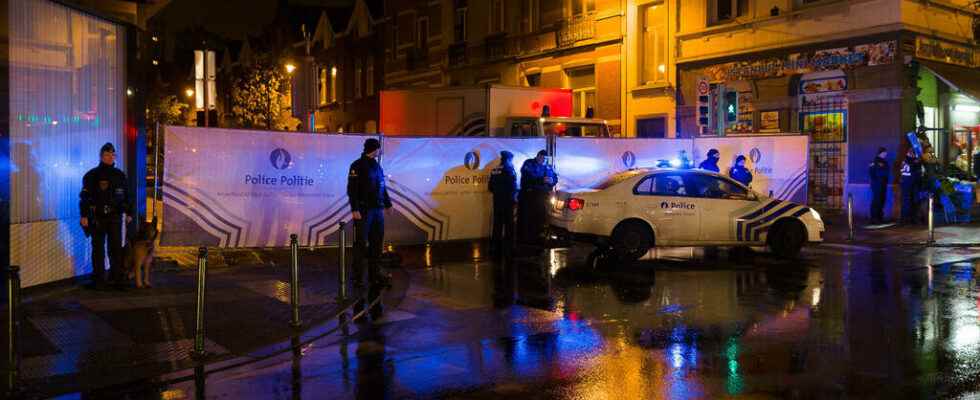One day after the conclusion of the Paris attacks trial, the Brussels Criminal Court delivered its judgment in the so-called “Paris bis” trial. It was a question of trying suspects excluded from the French judicial procedure, but suspected by Belgium of having helped upstream or downstream certain perpetrators of the attacks in Paris and Saint-Denis. From the outset, as we knew, the role of the accused seemed much less than that of the people tried in Paris. This resulted in much lighter sentences and a very nuanced judgment.
With our correspondent in Brussels, Jean-Jacques Hery
A lot of reprieve and very little imprisonment, that’s how we can sum up this judgment. Abid Aberkane, cousin of Salah Abdeslam, thus received a three-year suspended prison sentence for having agreed to accommodate the only survivor of the Parisian commando at his mother’s home in Moleenbek during his final hours on the run.
As for the firm sentences, they appear low: 18 months in prison for example for Soufiane Al Aroub, for having provided assistance to Ahmed Dahmani, one of the alleged logisticians of the Paris attacks. The rest of the defendants are either acquitted for four of them, or else receive a short suspended prison sentence, or even a simple work sentence.
Finally, three others benefited from a suspension of the pronouncement of their sentence, that is to say that under Belgian law, they were indeed found guilty, but because of their weak criminal record, they are not sentenced. .
This very nuanced judgment concerning this nebula which gravitated around the terrorist cell in Brussels clearly shows all the difficulty the court had in establishing the role and the effectiveness of the support provided, as well as in demonstrating that the defendants were well aware of the terrorist intentions of those they helped.
►To read : Trial of the November 13 attacks: Salah Abdeslam sentenced to life imprisonment
